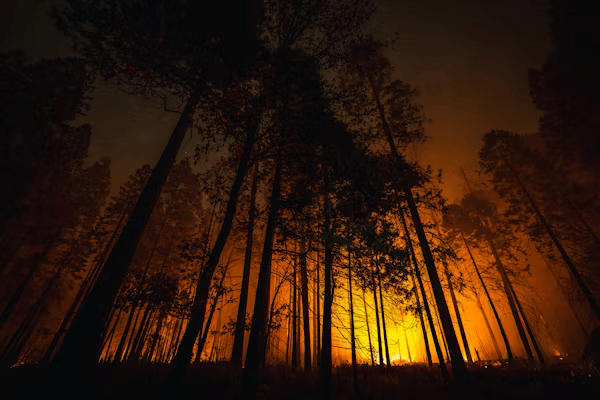The recent wildfires and heatwaves sweeping across Europe are having a significant impact on the real estate market, raising concerns over property values, insurance premiums, and investment strategies. As extreme weather events become more frequent, the risks associated with owning property in vulnerable regions are prompting both buyers and investors to reassess their choices.
In areas like Turkey and France, where wildfires have led to mass evacuations and widespread destruction, property values are expected to decline. Homes and commercial buildings located in fire-prone zones face higher risks, which could make them less attractive to potential buyers. These properties may experience reduced demand, leading to a decrease in market prices, particularly in regions where fire risk is escalating due to rising temperatures.
Insurance costs are another growing concern. Properties in wildfire-affected areas will likely see a significant increase in premiums, making it more expensive to insure residential and commercial properties. This added financial burden could discourage prospective buyers and investors from entering the market, further driving down demand and slowing property sales.
The commercial real estate sector is also feeling the effects. In regions with high environmental risks, such as those experiencing water shortages or increased wildfire frequency, investors are becoming more cautious. The potential for damage, along with the uncertainty of long-term viability, is leading to decreased investment interest in these areas.
Conversely, property demand is likely to rise in regions that are less vulnerable to extreme weather events. As people seek safer environments, areas with lower climate risks may see an increase in property sales, pushing up values in these more stable markets.
In response to these risks, developers are under pressure to incorporate climate-resilient features in new properties. Buildings designed with fire-resistant materials, efficient cooling systems, and elevated structures are expected to become more desirable and command a premium as consumers prioritize protection from climate-related threats.
Overall, the growing frequency of extreme weather events is forcing the real estate sector to adapt. While some regions will face a decline in property values, others will emerge as climate-resilient havens, prompting shifts in both demand and investment strategies.


